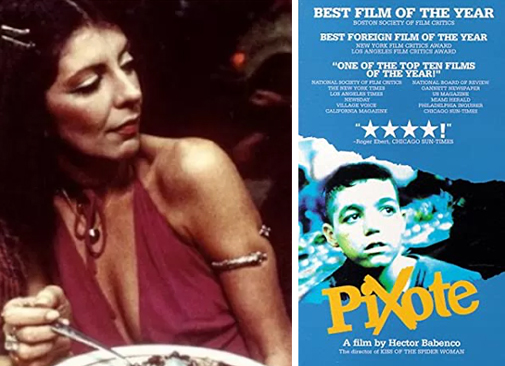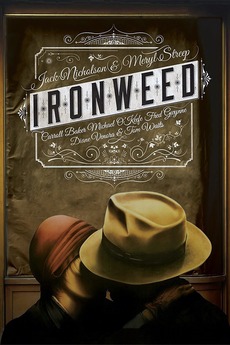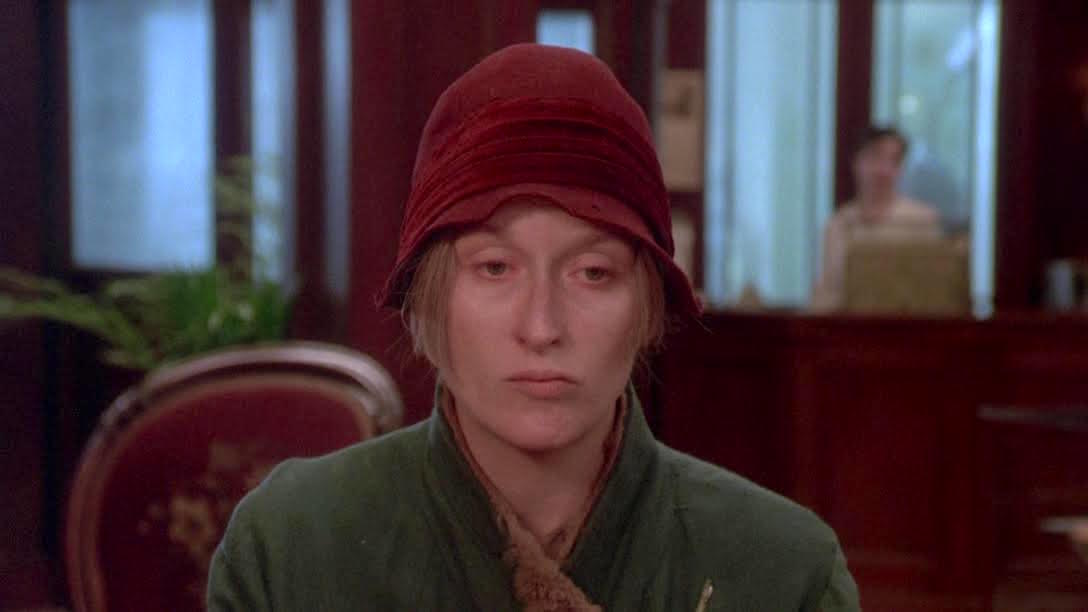1981: Marília Pêra in "Pixote"
 Saturday, May 2, 2020 at 1:00PM
Saturday, May 2, 2020 at 1:00PM Please welcome new contributor Nick Taylor who is providing us with extra Supporting Actress pleasure inbetween the Smackdown events.

How close was Hector Babenco’s Pixote to an Oscar nomination for Best Foreign Language Film in 1980? Or rather, why was it disqualified? Already lauded in Brazil for its unflinching, documentary-style depiction of the country’s unique epidemic of child criminality and the institutions benefitting from it, the film got axed for doing test screenings outside The Academy’s allotted time frame. That sounds as "necessary" as many of their eligibility nitpicks. Disqualified from consideration for 1980, Pixote became fair game upon its U.S. release in 1981, winning most of the critics prizes for Best Foreign Language Film and scoring a Golden Globe nomination over Oscar’s eventual winner, Hungary's Mephisto.
Pixote also won Best Film from Boston, who took a page from the National Society of Film Critics and gave Marília Pêra their Best Actress award. And while her performance absolutely deserved those prizes...
 Brazil,
Brazil,  Hector Babenco,
Hector Babenco,  Oscars (80s),
Oscars (80s),  Pixote
Pixote 



